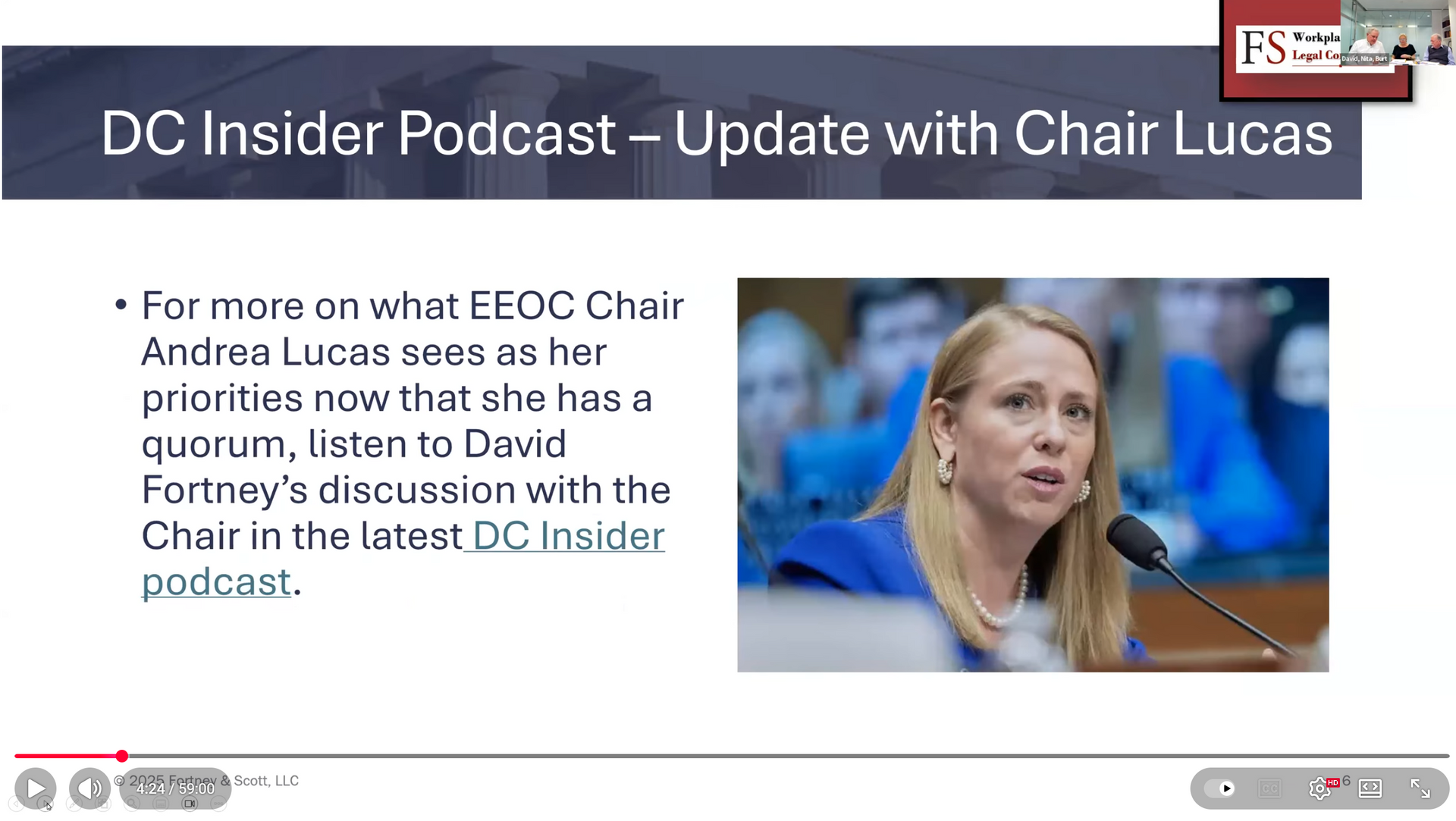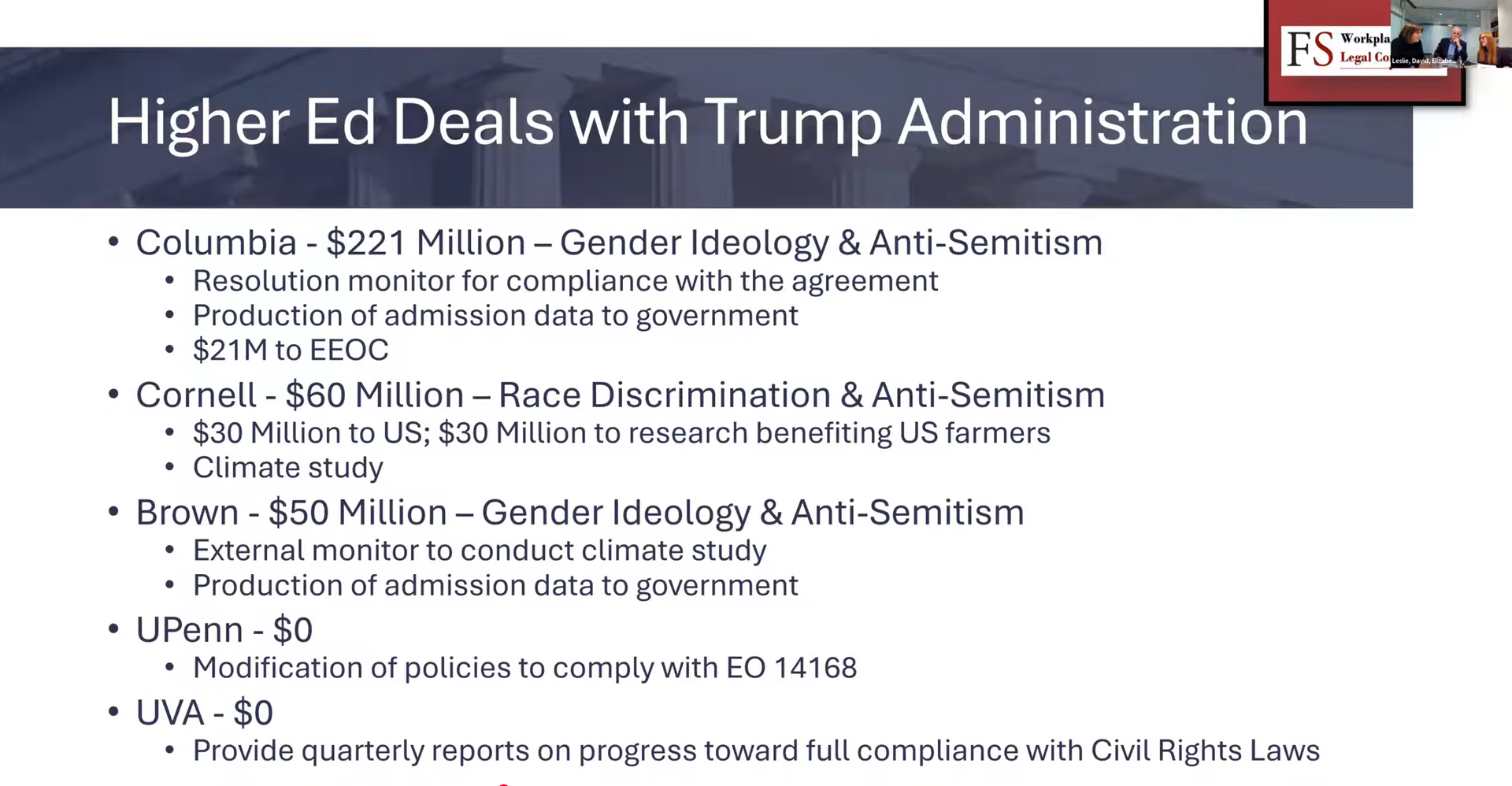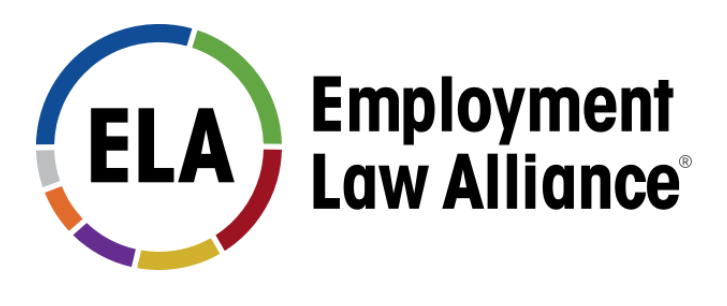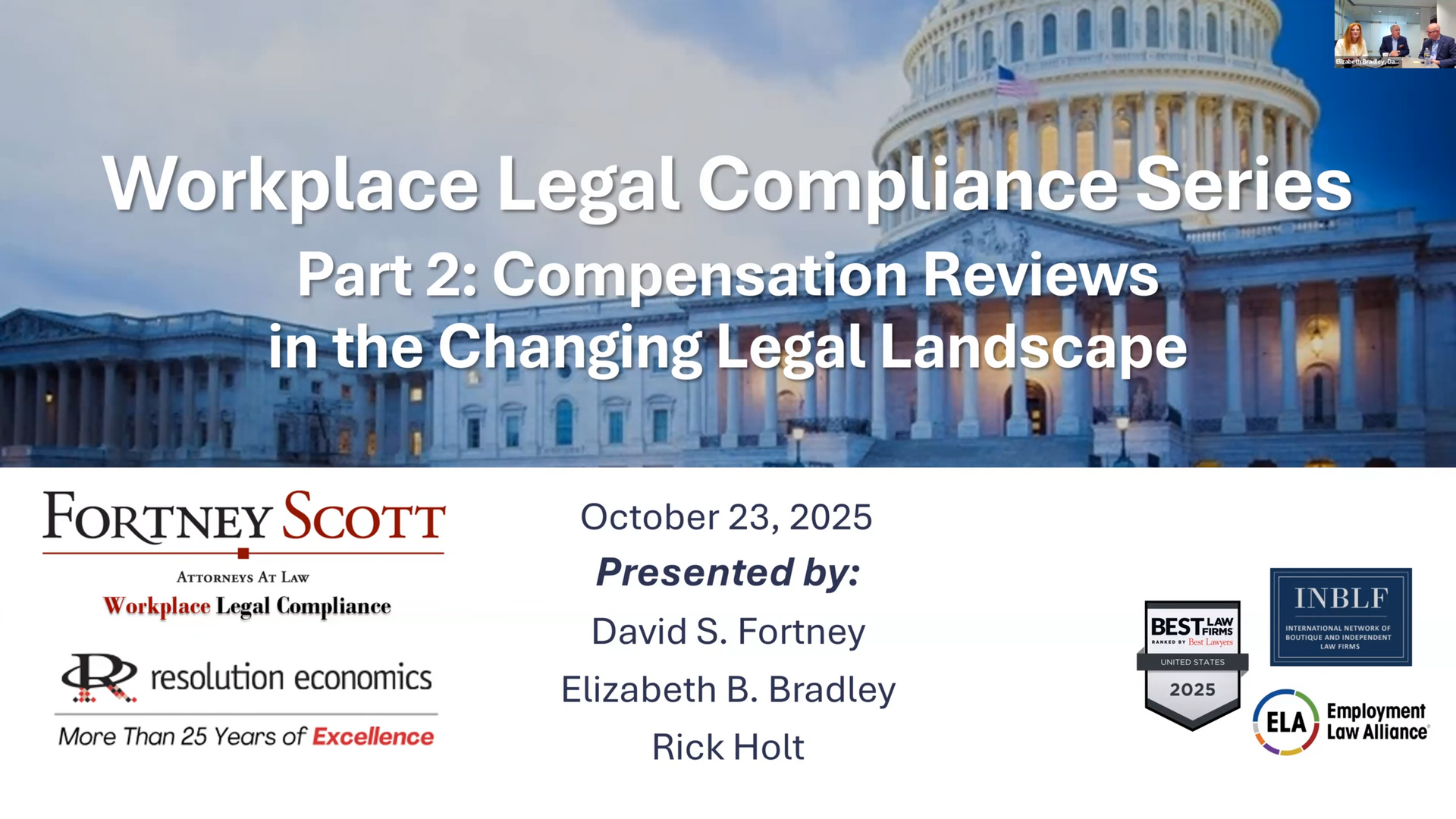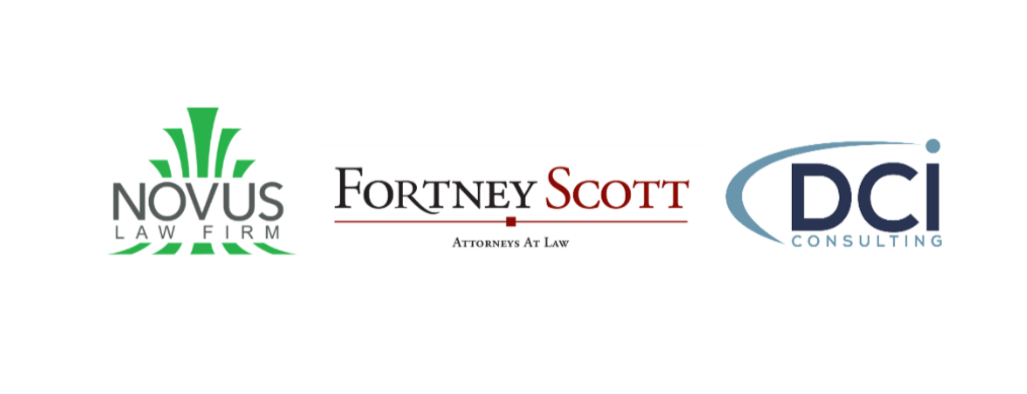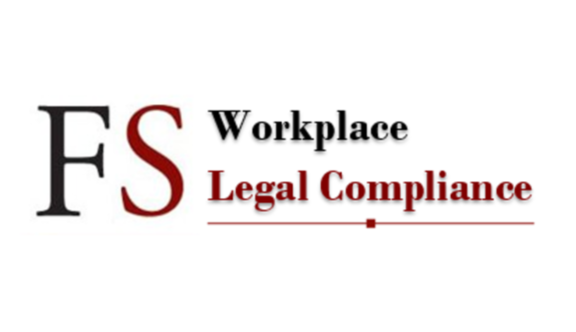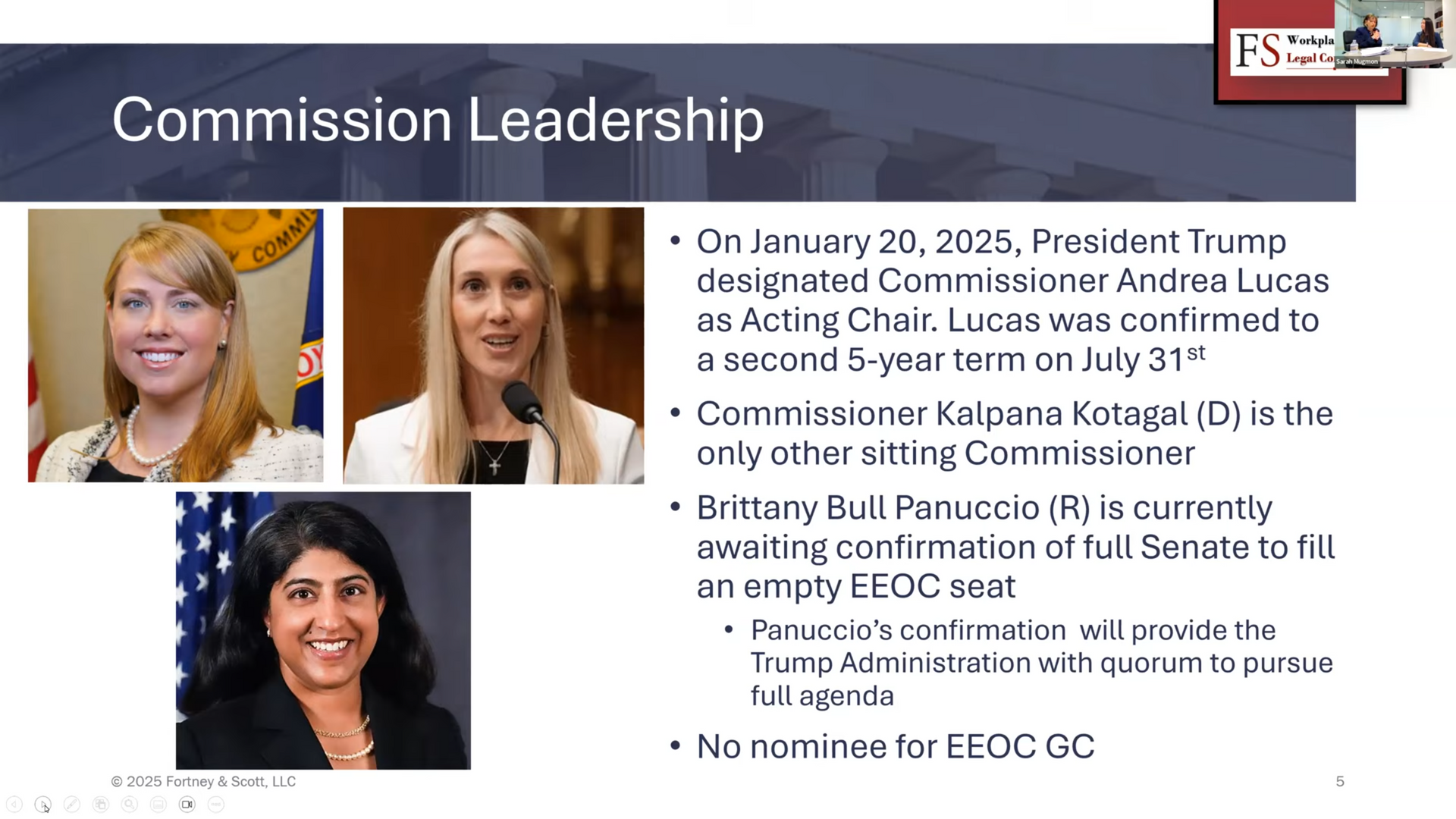OFCCP Issues Three New Directives
Today, the U.S. Department of Labor’s Office of Federal Contract Compliance Programs (OFCCP) made a significant announcement affecting federal contractors. First, under a new directive, DIR 2019-01, OFCCP rescinded Active Case Enforcement for compliance reviews. Second, DIR 2019-02 outlines new Early Resolution Procedures which will offer a five-year break from agency audits in exchange for reporting certain employment data to resolve audits. Finally, OFCCP officially stated that it will be issuing opinion letters that offer compliance guidance.
The new DIR 2019-02 , Early Resolution Procedures (ERP), offers five years of respite from audits to contractors who are settling bias claims with the OFCCP, in exchange for contractors reporting hiring, pay, and other employment data to the agency. The ERP provides the mechanism by which OFCCP staff may resolve violations and work with the contractor to develop corporate-wide corrective actions.
- For nonmaterial violations found, which can be corrected immediately during an audit, the OFCCP can resolve the evaluation during the desk audit with compliance assistance resulting in the issuing of a closure letter referencing the nonmaterial violations and their remedies.
- For material violations not involving discrimination and for material violations involving discrimination found during an audit OFCCP will agree to a five-year moratorium on audits at that establishment if the contractor agrees to an Early Resolution Conciliation Agreement with Corporate-Wide Corrective Action (ERCA). The ERCA requires the contractor to review all or a negotiated subset of its establishments for violations similar to those found in the initial audit and to implement of any corrective action including job offers. The ERCA also requires the contractor to submit progress reports on the results of its analysis, findings, corrective actions and all supporting documents reasonably related to the review for up to five years.
OFCCP also issued DIR 2019-03 in which it announced that it will begin issuing opinion letters, similar to the Labor Department’s Wage & Hour Division, offering guidance on how contractors can comply with their affirmative action and nondiscrimination obligations based on specific factual scenarios. It also outlined plans to enhance its current Help Desk capabilities. The Directive also states that OFCCP may consider whether a contractor’s actions are consistent with an opinion letter, FAQ, or help desk advice when considering whether to cite the contractor for a violation.
Finally, the agency issued Directive 2019-01 , rescinding Active Case Enforcement (ACE), DIR 2011-01. According to Directive 2019-01, the agency’s recent directives on Transparency in OFCCP Compliance Activities, DIR 2018-09; Affirmative Action Program Verification Initiative, DIR 2018-07; and Focused Reviews, DIR 2018-04 have embedded the most effective parts of ACE and ACM into its standard operating policies and procedures, so the ACE directive is no longer necessary.
BOTTOM LINE: While the new directives provide welcome new ways to resolve issues with the OFCCP, the question will be whether the “new” OFCCP will be any more reasonable in resolving those issues than the “old” OFCCP. How these directives will be implemented remains to be seen. The attorneys at FortneyScott will monitor implementation of the new directives and keep you informed of on ongoing developments. If you have any questions, contact your FortneyScott attorney.
